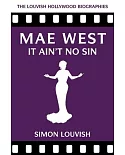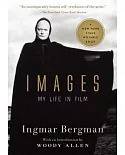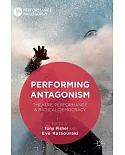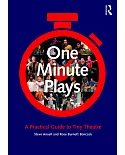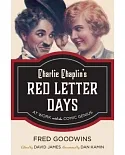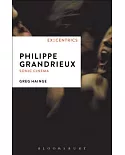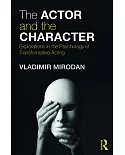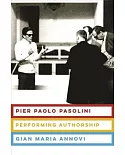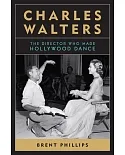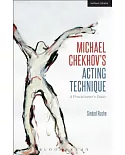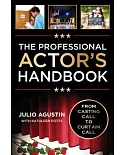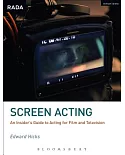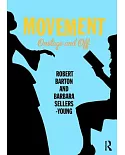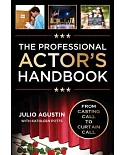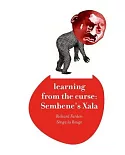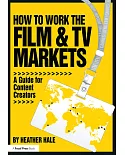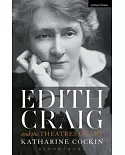As a counterpart to research on the 1930s that has focused on liberal and radical writers calling for social revolution, David Welky offers this eloquent study of how mainstream print culture
shaped and disseminated a message affirming conservative middle-class values and assuring its readers that holding to these values would get them through hard times. Through analysis of the
era's most popular newspaper stories, magazines, and books, Welky examines how voices both outside and within the media debated the purposes of literature and the meaning of cultural literacy
in a mass democracy. He presents lively discussions of such topics as the newspaper treatment of the Lindbergh kidnapping, issues of race in coverage of the 1936 Olympic games, domestic
dynamics and gender politics in cartoons and magazines, Superman's evolution from a radical outsider to a spokesman for the people, and the popular consumption of such novels as the Ellery
Queen mysteries, Gone with the Wind, and The Good Earth. Through these close readings, Welky uncovers the subtle relationship between the messages that mainstream media
strategically crafted and those that their target audience wished to hear.


